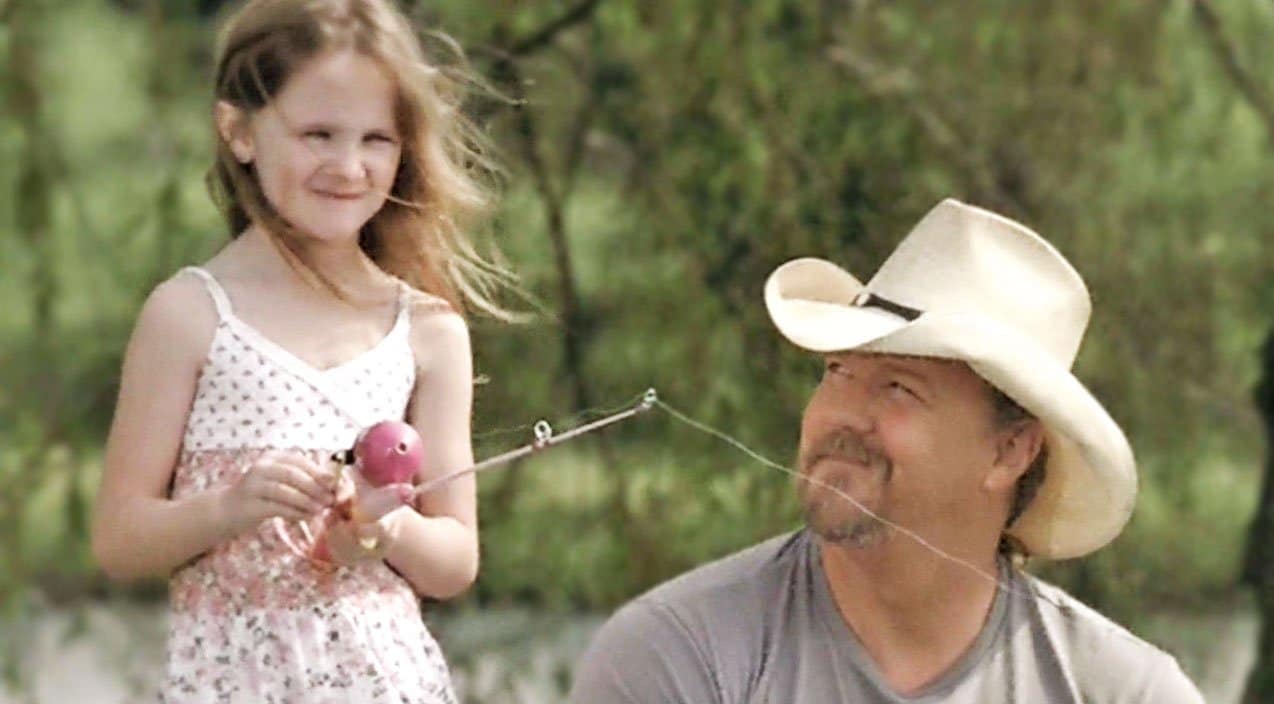

More recently, in 1999, he broke his ankle after he stepped into a hole on his farm in rural Tennessee near Nashville, resulting in months of recuperation time. In addition to this work-related injury, Adkins, who also had to have his nose re-attached when it was torn off in an automobile crash, was run over by a bulldozer and almost lost his legs, and had a 400-barrel oil tank explode while he was repairin g it. Nonetheless, he asked doctors to set an inju red pinky finger-that had to be sewn back on following an industrial accident-in a permanent bend so he could still play the guitar.

After this success, Adkins spent four years touring with Bayou in cities in Texas, Louisiana, New Mexico, and Mississippi, but soon grew disillusioned with the music business and returned to the drilling rigs. That group eventually won a regional talent contest and competed in the national finals in Nashville, Tennessee. Meanwhile, Adkins continued to dream of becoming a musician, performing at local venues whenever possible and joining a band call Bayou. Around the same time, Adkins married his high school sweet heart, with whom he had two daughters, but the union ended four years later. Thus, he dropped out of school, spending the next eight years or so working in the oil industry as a derrick man and pipe fitter. However, after two years of college, a knee injury ended his chances of a career in sports. Upon graduating from high school, Adkins played defensive end for the football team at Louisiana Tech University, where he studied for a degree in petroleum technology. The group recorded two albums for an independent label: The New Commitment Quartet, released in 1979, and The Best of the New Commitment Quartet, released in 1980. As a youth, Adkins worked selling the national rural newspaper Grit an d hauling hay, and during his teen years began singing in a gospel quartet called New Commitment. The son of a paper mill worker, Trace Darrell Adkins was born on January 13, 1962, in Springhill, Louisiana, and grew up in the nearby town of Sarepta. I'm a roughneck, and I won't try to hide it." "I'm a Southern gentleman-polite, hospitable, and respectful-but I'm not going to try to be squeaky clean. "I grew up in the oilfield, and that's who I am and what I am," he explained for his official website, commenting about the subject matter of the album More., released in 1999. Surviving a number of calamities ranging from car accidents to a gunshot wound and working for nearly a decade on offshore oil rigs while mounting every stage he could with the hopes of attracting the attention of Nashville, Adkins is a multi-dimensiona l, honest songwriter who couldn't hide his ruggedness even if he wanted to. Like many other country artists, Adkins, too, has seen his share of hard times-and then some. Trace Adkins-a towering six-foot, six-inch, 250-pound baritone vocalist-climbed to the top of the country music scene in 1997, earning his first number-one single for the song "(This Ain't) No Thinkin' Thing," seeing his album Dreamin' Out Loud reach platinum status, and winning his first award from the Academy of Country Music as Top New Male Vocalist. Addresses: Record company-Capitol Records Nashville, Nashville, TN. Born Trace Darrell Adkins on January 13, 1962, in Springhill, LA son of a paper mill worker and a high school teacher married three times third wife, Rhonda Forlaw two daughters from first marriage.


 0 kommentar(er)
0 kommentar(er)
